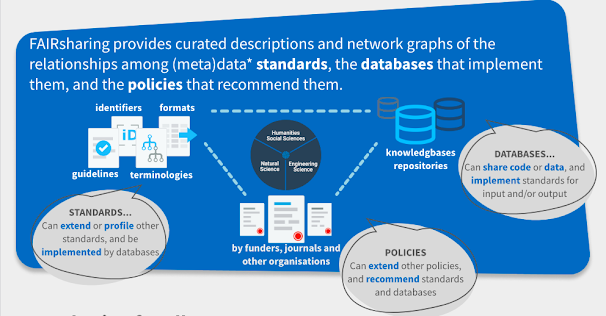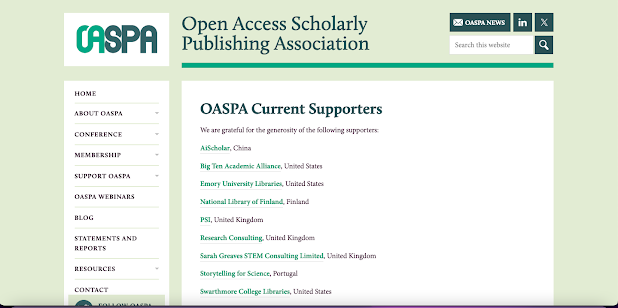Why is my internet out? Insights on logic and confounders from a dear nerd

I wanted to know more about DAGs ( directed acyclic graphs ) and how they help people that design experiments account for confounders and other nuisances. This is a lot to do with counterintuitive logic and the many mistakes that observational clinical trials still suffer from. It seemed obvious to me that someone that taught themselves computing and code, who could explain this well and clearly to someone like me, who hates computing, could do so for everybody. Hence, my first guest post... ladies and gents, by Francisco Amaral . Why is my internet out? Hypothesis : it's my (internet service provider) ISP's fault. Let's call ISP; they agree, it's their fault. There was an equipment failure on their end that caused connections to and from my router to fail because a certain machine was not working. Here, we have a simple causal relation — it is physically impossible for data to be transferred through machines that are not

